A sweeping rightward shift across South America — from Chile to Argentina, and potentially Peru and Colombia — is emerging as a strategic boost for President Donald Trump as conservative forces gain ground and align more closely with Trump-style hardline policies.
In Chile, the presidential race has captured global attention. Far-right candidate José Antonio Kast and Communist contender Jeannette Jara advanced to a runoff scheduled for December 14.
Kast, widely compared to Trump, has campaigned on a law-and-order platform, promising to crack down on crime and illegal immigration. He has proposed measures including border walls, trenches, and deportation of undocumented migrants, policies reported by The Guardian as reflecting a “Make Chile Great Again” approach.
Public anxiety over rising crime has become a central issue in the campaign.
According to The Washington Post, organised crime and migrant-related violence have dominated public discourse, driving voters toward conservative candidates.
Libertarian Johannes Kaiser has also adopted Trump-inspired populist messaging, complete with MAGA-style visuals.
According to The Guardian, citing analysts, the intense focus on security and migration could reshape Chile’s political center.
Chile’s ideological turn carries broader geopolitical significance. The country remains one of Latin America’s most prosperous and stable nations and controls substantial reserves of copper and lithium, critical for electric-vehicle batteries and renewable energy technologies.
Foreign Policy highlights that a Trump-aligned Chile could bolster US efforts to counter China’s growing influence in the region. The consolidation of conservative forces is already apparent: according to Reuters, over 70% of voters supported right-wing candidates in the first round, positioning Kast strongly for the runoff.
Quick Reads
View AllThe trend in Chile reflects a wider regional pattern.
In Argentina, President Javier Milei has strengthened his ideological alignment with President Trump.
In Bolivia, the election of a centrist president after nearly two decades of socialist rule — and the attendance of the US deputy secretary of state at the inauguration, as reported by AP, signals renewed engagement with Washington.
Conservative candidates are also emerging as strong contenders in upcoming elections in Peru and Colombia, pointing toward a potential rightward realignment across the continent.
Taken together, these developments suggest that much of South America may be moving closer to Washington’s strategic priorities under President Trump, particularly in areas of security cooperation, foreign investment, and access to critical natural resources.
Political analysts quoted by The Guardian describe this moment as one of the most significant ideological shifts in the region in decades.
With inputs from agencies


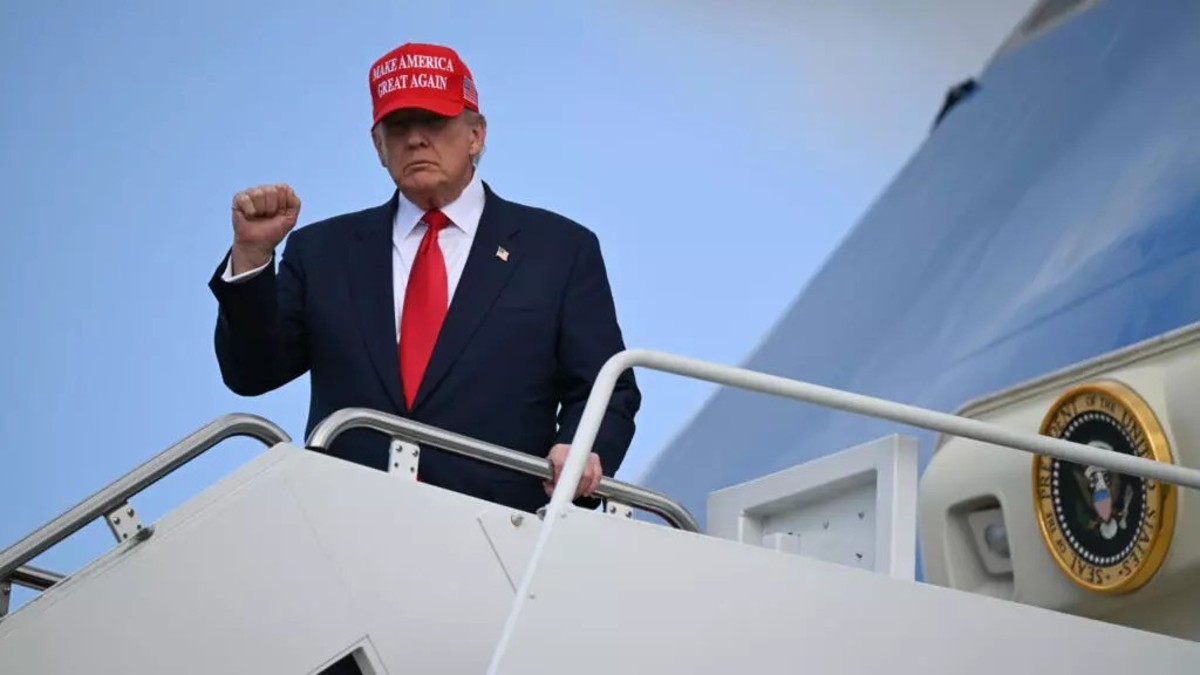)
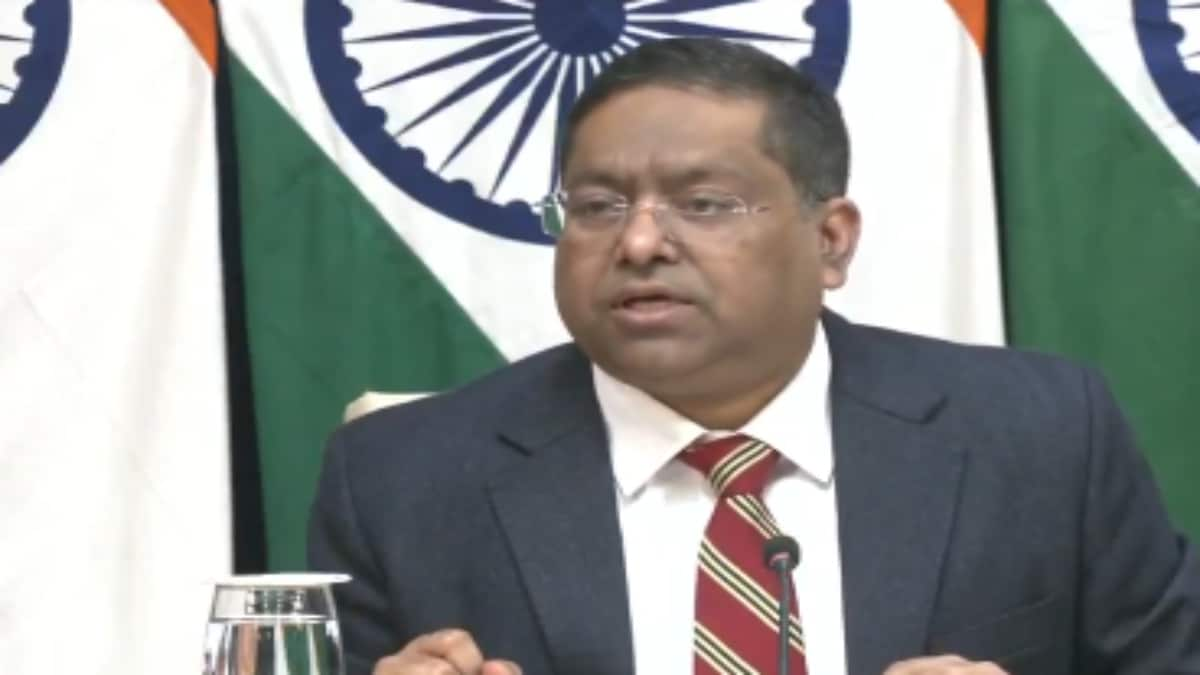
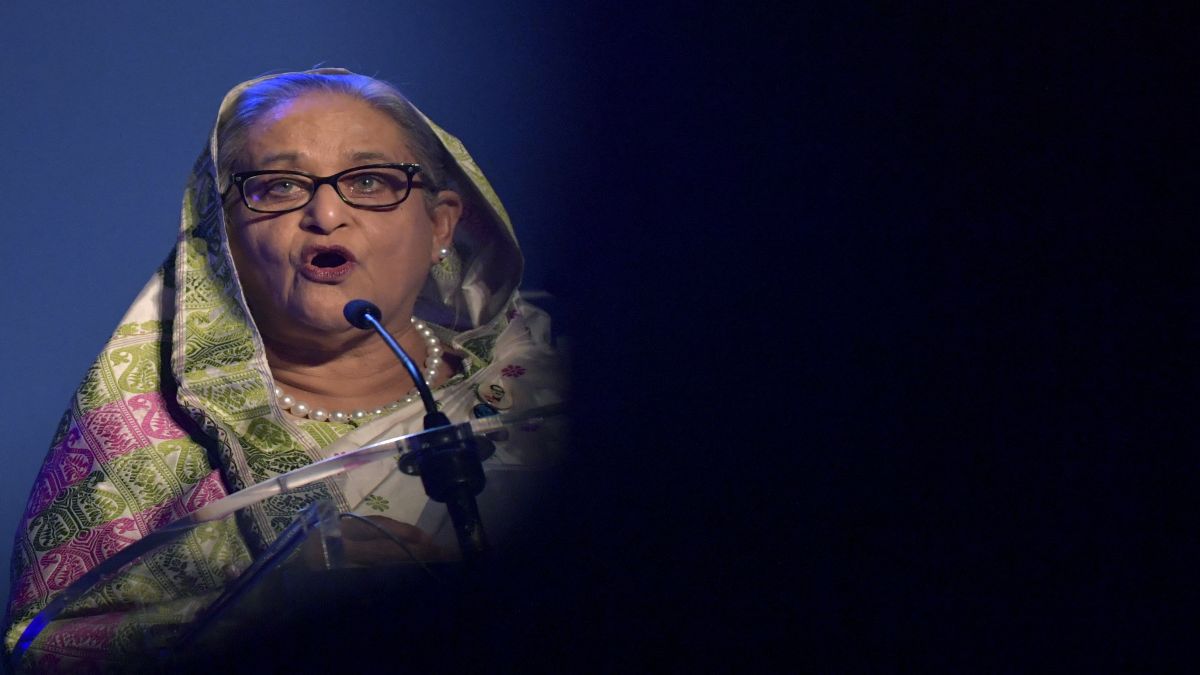)
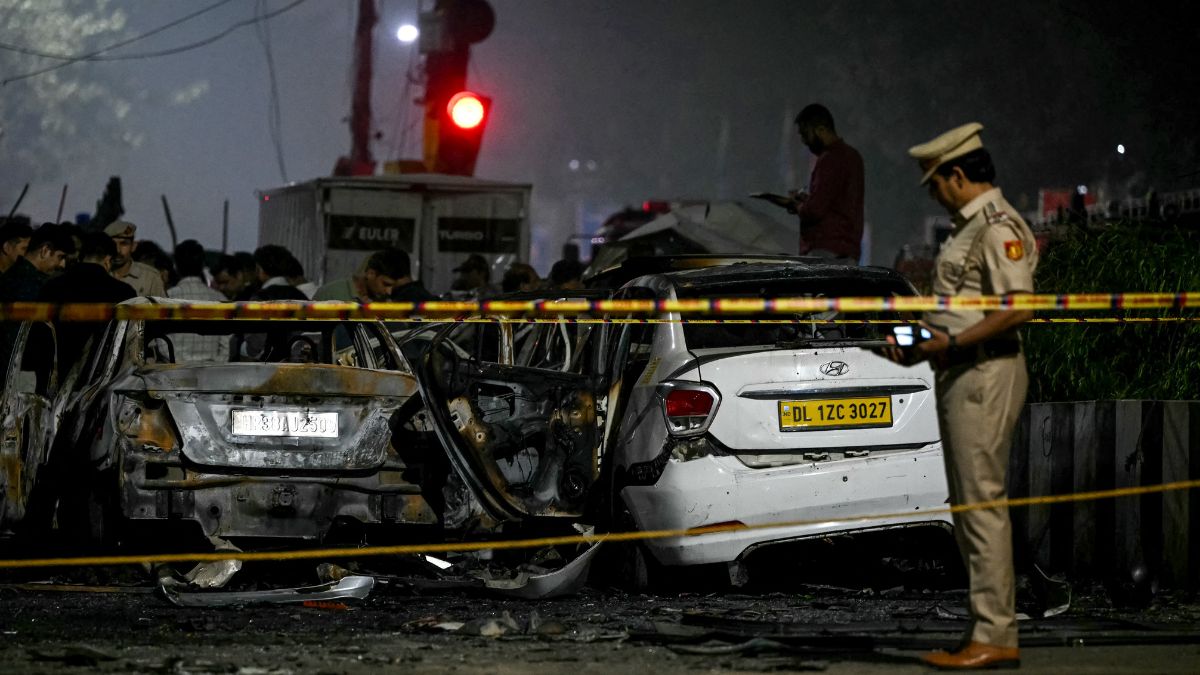)
)
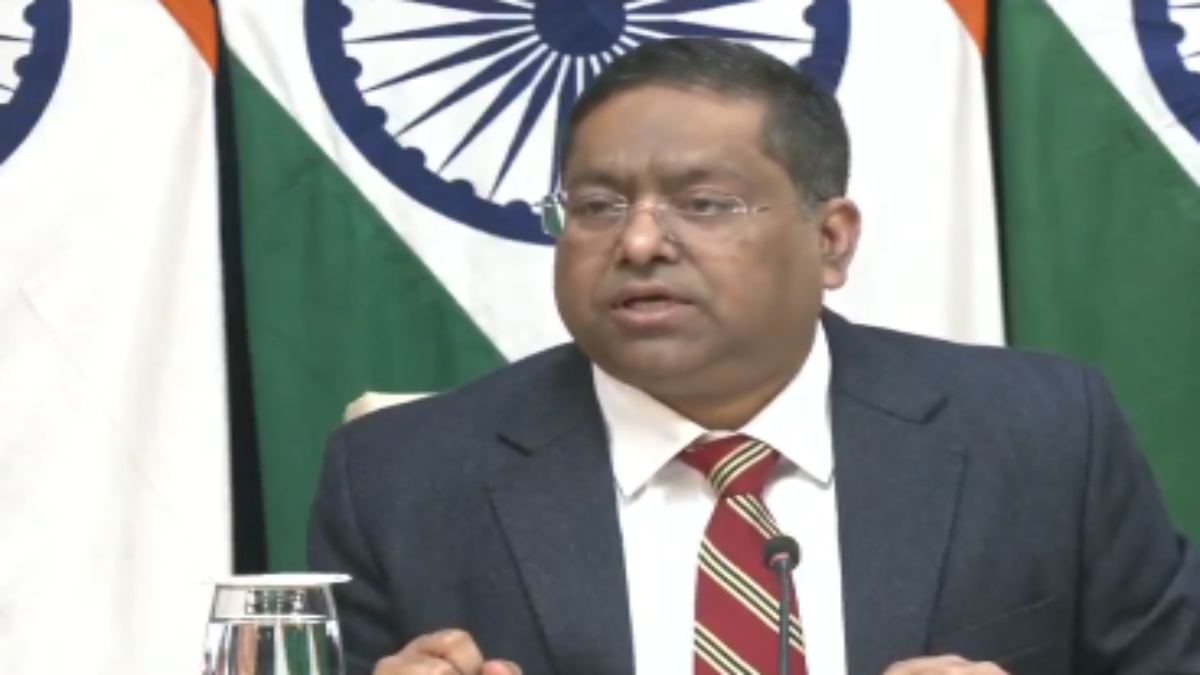)
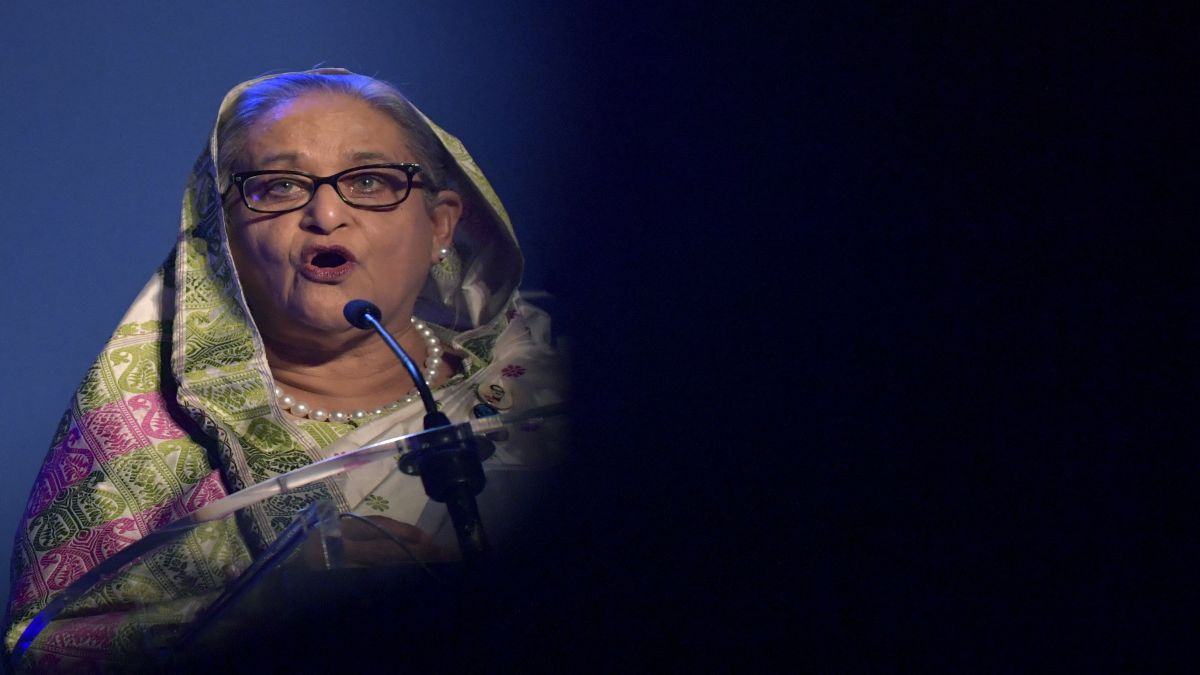)
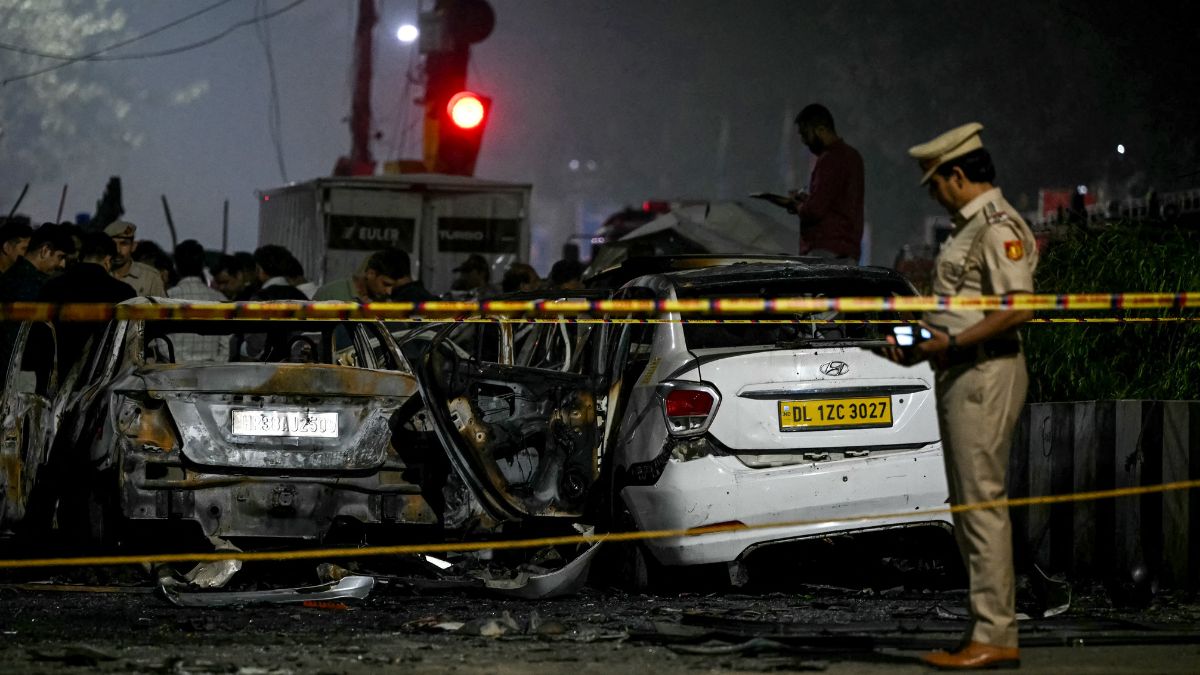)
)
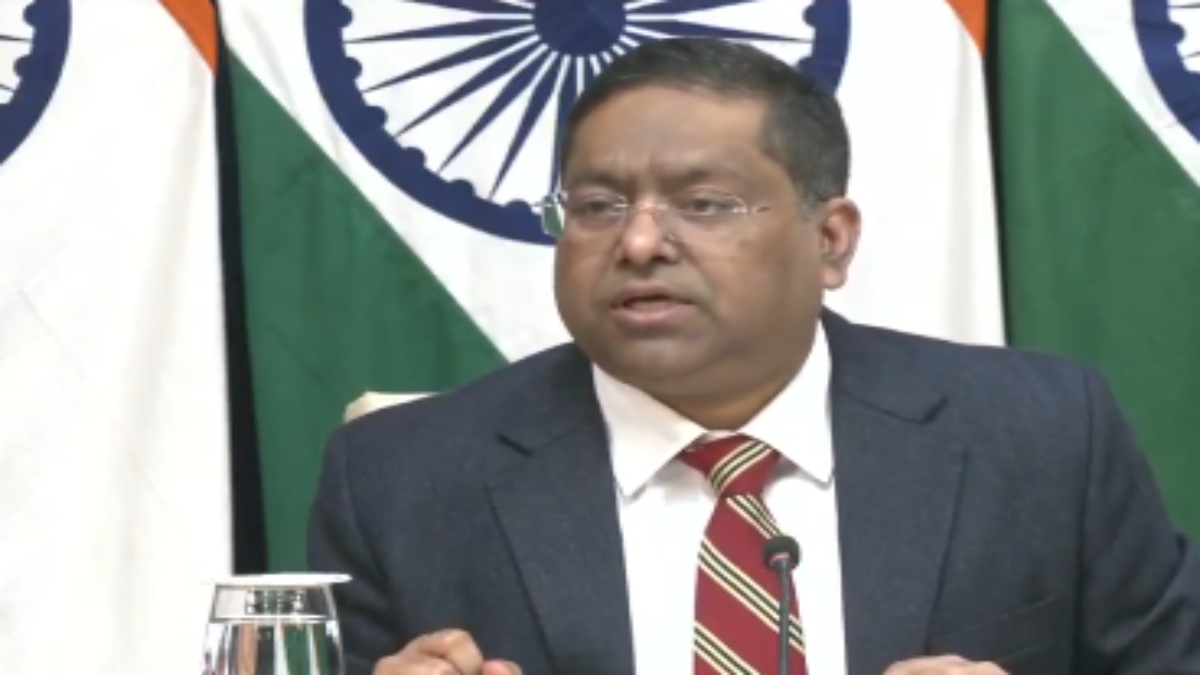)



